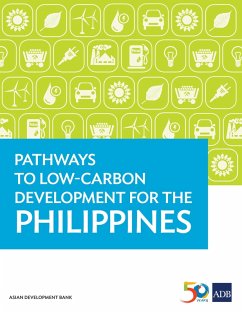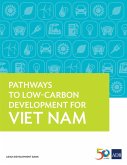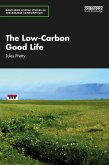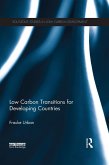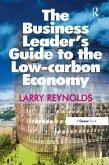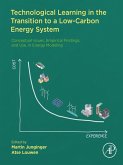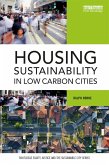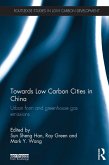The Philippines currently has a low level of per capita greenhouse gas emissions. However, emission levels are growing at an increasing rate, with 4% annual growth between 2006 and 2012. The country's energy system is becoming more carbon intensive to satisfy escalating energy demand caused by strong economic growth. This study assesses how the Philippines can take a low-carbon pathway by drawing on detailed modeling of the power, residential, and transport sectors. It identifies low-carbon development options that can be deployed at approximately zero net cost to reduce energy sector greenhouse gas emissions by 70% by 2050. With energy use levels still low, the country has an opportunity to follow a low-carbon development trajectory-if action is taken soon.
Dieser Download kann aus rechtlichen Gründen nur mit Rechnungsadresse in A, D ausgeliefert werden.

